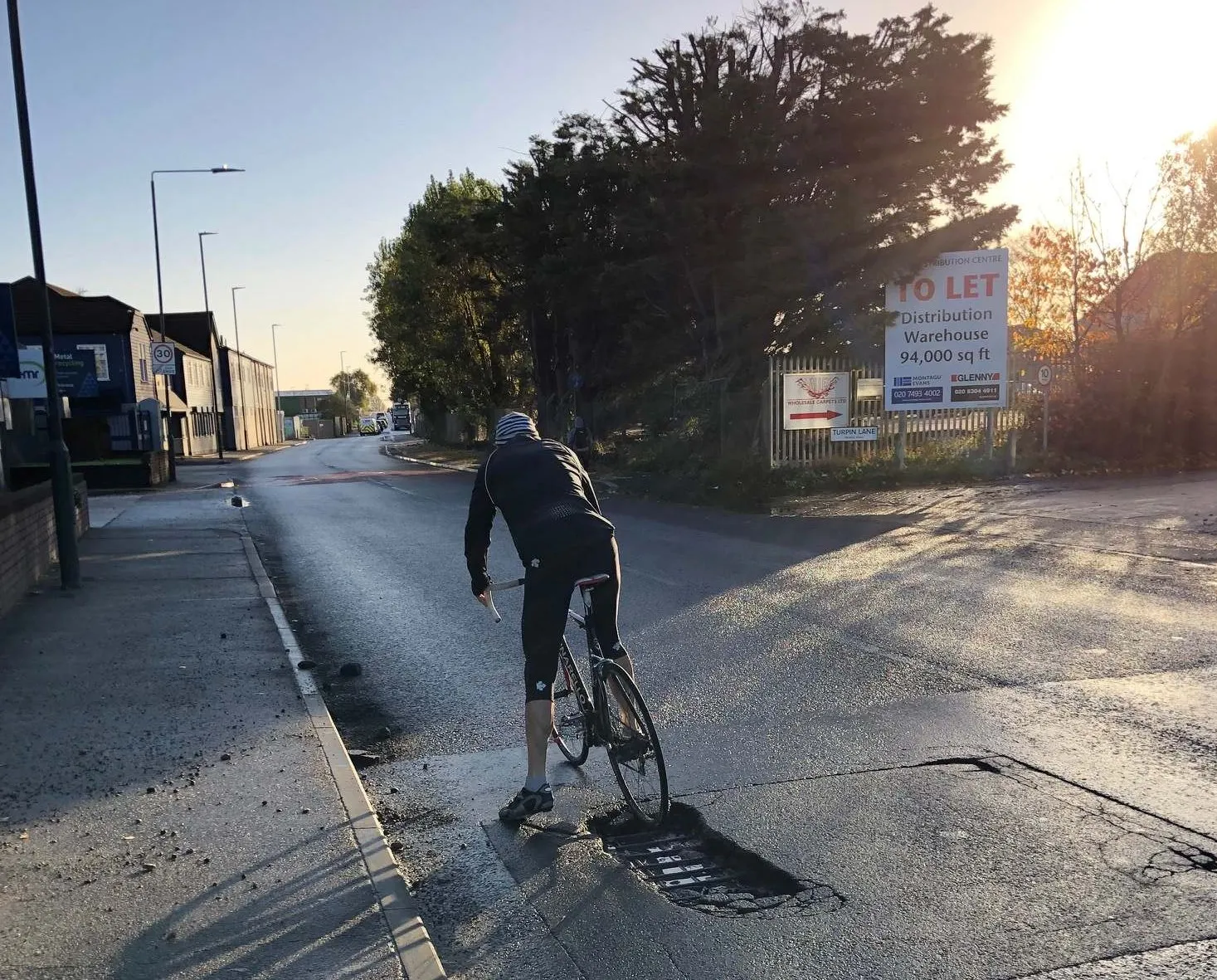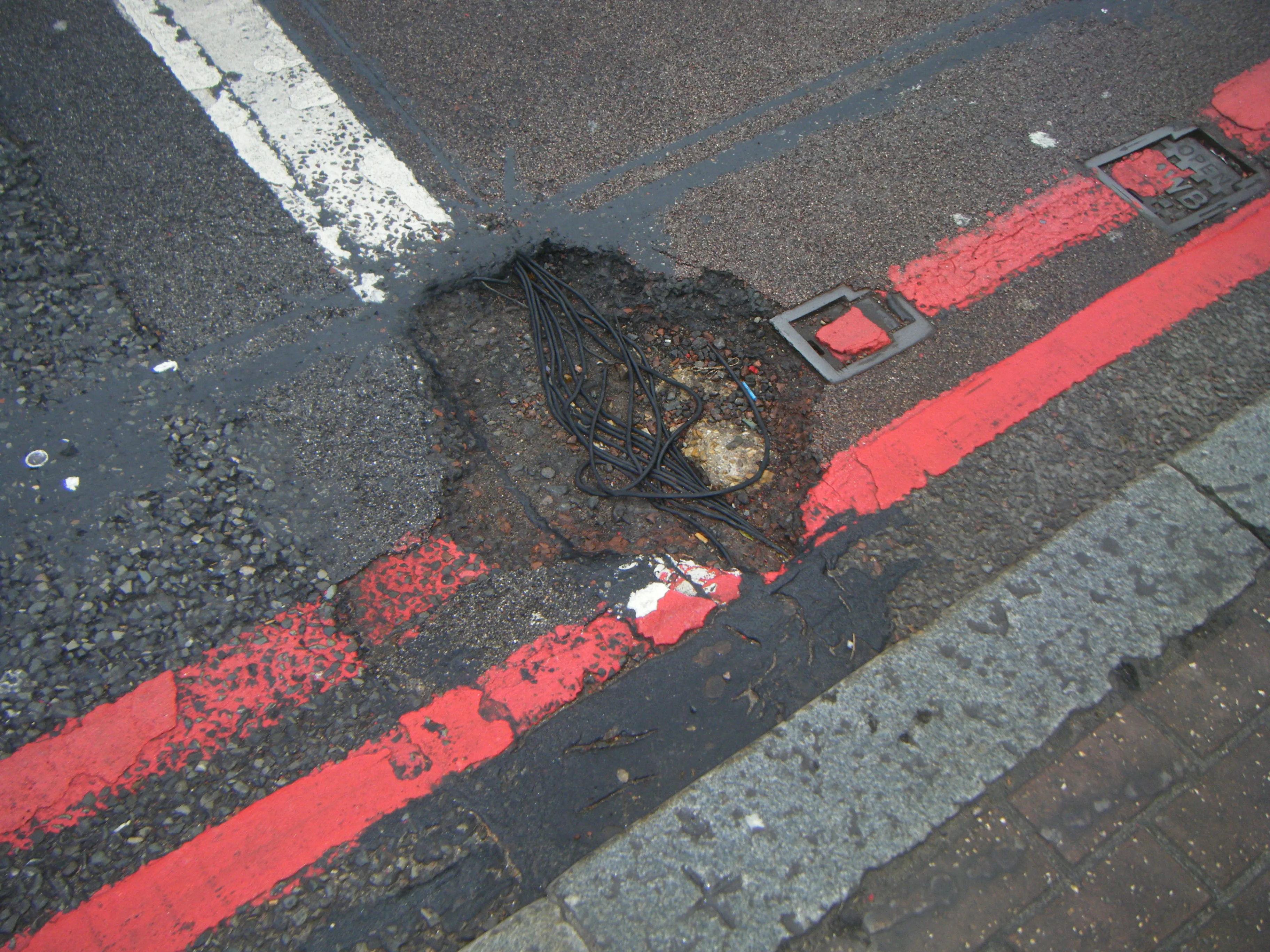
Next month, local English authorities will get a share of a “record” £1.6 billion highway maintenance funding, “enough to fill seven million potholes a year”.
However, local authorities must publish annual progress reports and prove public confidence in their work, according to the UK ministry of transport. Local authorities who fail to meet these conditions will see 25% of their allocation withheld.
The government said that the cash infusion will mean getting on with pivotal schemes in construction, such as the A428 Black Cat scheme in Cambridgeshire, and starting vital improvements to the A47 around Norwich and M3 J9 scheme in Hampshire.
It comes as figures from the RAC show drivers encounter an average of six potholes per mile in England and Wales. Pothole damage to cars costs an average of £600 to fix. According to the automobile agency AA, fixing potholes is a priority for 96% of drivers.
“Government commitments to local roads spending is welcome, but short-term cash injections, even with greater accountability and strings attached, are not likely to improve conditions,” said David Giles, chair of the Asphalt Industry Alliance (AIA). “Decades of underfunding now means that the backlog of carriageway repairs stands at almost £17 billion and one in every six miles of the local road network reported to have less than five years’ structural life remaining. So, if we want our local roads to improve, the focus needs to shift from the number of potholes filled to giving local highway engineers the tools to do the job so that they don’t form in the first place.
“Local authorities have told us they would need their budgets to more than double for next five to 10 years to tackle the backlog of repairs,” said Giles. “That’s why we have been calling for a multi-year front loaded and ring-fenced funding commitment, similar to those that the rail and motorway sectors benefit from. This would allow authorities to plan, provide better value for money for taxpayers and deliver a more resilient network while helping to kick start the government’s economic growth plans.”
A recent report showed that the backlog of carriageway repairs in England and Wales has reached new heights at almost £17 billion while roads are only surfaced, on average, once every 93 years. The figures come from the 2025 Annual Local Authority Road Maintenance (ALARM) survey report, commissioned by the AIA. It shows that more than half (52%), equivalent to around 170,000km, of the local road network has less than 15 years’ structural life remaining. Almost a third of these - 55,630km - may only have up to five years life left.
Jonathan Walker, head of infrastructure and planning policy at Logistics UK, welcomed the government's cash injection. He said logistics businesses have been hampered by the delays and costs of vehicle damage caused by the UK’s crumbling roads network for some time, so news that this funding is to be released for local authorities will be welcomed by our members, whose work keeps the economy supplied with all that businesses, homes, hospitals and schools need. “It is vital that local authorities now take urgent action to activate long-term planned improvement works to ensure we can keep Britain’s economy moving.”







